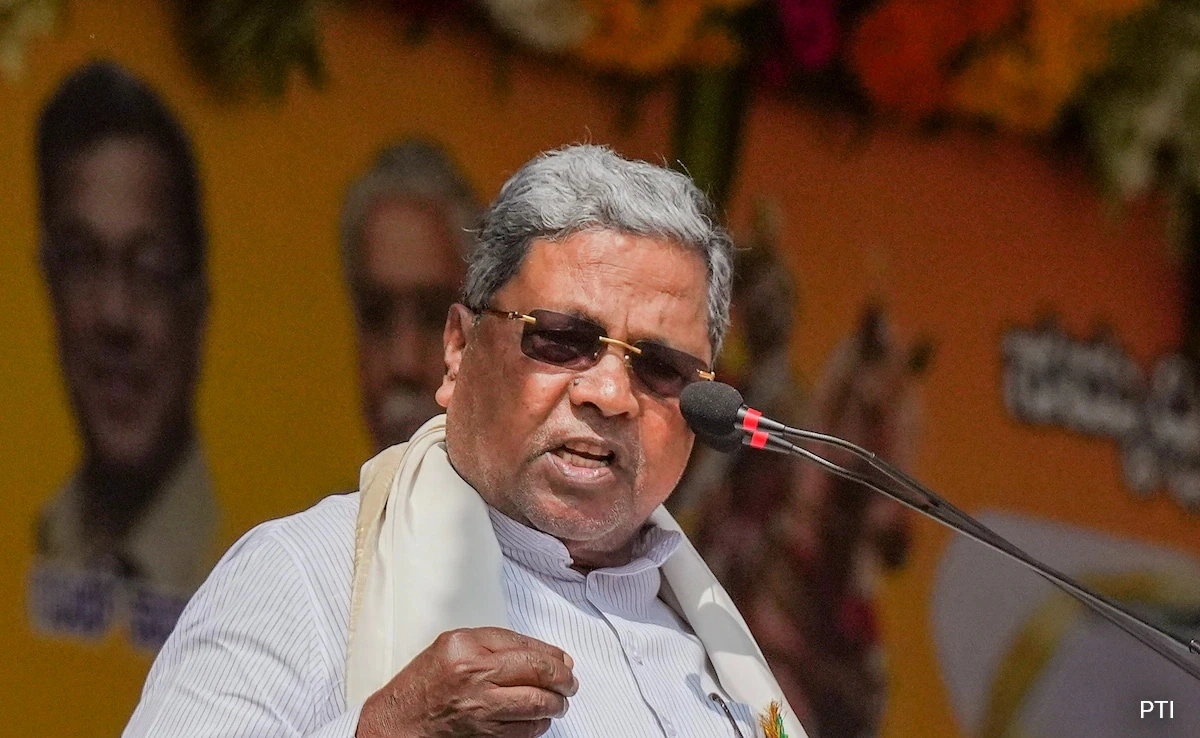Chirag Paswan, the leader of the Lok Janshakti Party (LJP), is not the only political figure expressing dissatisfaction with the National Democratic Alliance (NDA) seat allocation formula in Bihar. The current political landscape in the state has become increasingly complex, as various allies within the NDA coalition voice their concerns regarding the distribution of electoral seats among the constituent parties. This growing discontent highlights the challenges the NDA faces in maintaining unity while navigating the competitive electoral environment in Bihar.
Paswan’s frustration stems from the perception that the seat-sharing arrangement does not adequately reflect the political realities of the state. As a key regional player, he believes that the LJP deserves a more significant role in the coalition, particularly given its influence over a substantial voter base. His concerns resonate with other allies who feel marginalized in the decision-making process, raising questions about the effectiveness of the NDA’s strategy in Bihar. The coalition’s ability to maintain coherence and present a united front is crucial, especially with the upcoming elections looming.
Moreover, this discontent among NDA allies signifies a larger trend within Indian politics, where regional parties are increasingly asserting their influence and demanding recognition within broader coalitions. The situation in Bihar serves as a case study of the delicate balance required in coalition politics, especially as parties vie for voter support in a highly competitive landscape. If the NDA does not address these grievances effectively, it risks weakening its position and could potentially open the door for opposition parties to capitalize on this discord. Therefore, the ongoing discussions around seat-sharing will be pivotal not only for the NDA’s electoral prospects but also for the future of political alliances in Bihar.
In conclusion, Chirag Paswan’s dissatisfaction is emblematic of a wider sentiment among NDA allies regarding the seat-sharing formula in Bihar. The political dynamics are shifting, and if the coalition partners cannot come to an agreement that satisfies all parties involved, it could have significant repercussions for their electoral strategies. As the political climate continues to evolve, the NDA must navigate these tensions carefully to ensure a united front as they head into the elections. The outcomes of these negotiations will determine not only the fate of the NDA in Bihar but also the broader implications for coalition politics in India.




